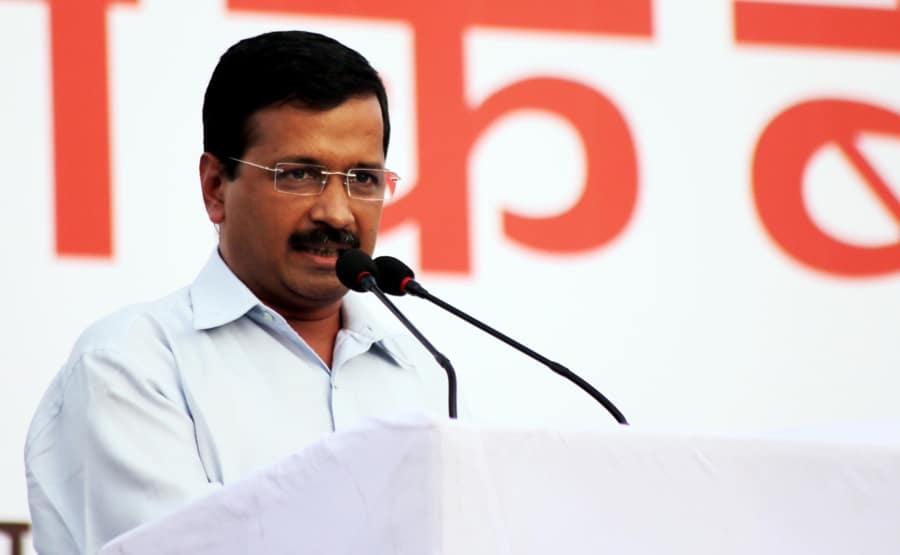Khan Academy through its personalised learning solutions empowers learners to study at their own pace in and outside of the classroom, says Sandeep Bapna, Managing Director, Khan Academy India, in an interview with Elets News Network (ENN).
Please give details about Khan Academy.

Khan Academy is a non-profit organisation with a mission to provide free, world-class education to anyone, anywhere. The platform is available online (www.khanacademy.org), as well as on Android and iOS apps. Khan Academy’s iOS and Android apps contain interactive practice exercises and video lessons in subjects such as mathematics, biology, chemistry, physics, history, economics, finance, grammar, preschool learning, among others.
What kind of practices does Khan Academy follow to help learners study at their own pace?
Khan Academy offers practice exercises, instructional videos and a personalised learning dashboard that empower learners to study at their own pace in and outside the classroom. We lay strong emphasis on personalisation of Khan Academy experience to learners. This happens in the following ways:
- Our math and physics content is already mapped to Indian curriculum. Since Khan Academy’s content is built with skills as a foundation with well-defined learning goals, it can be used by students of all boards. We already see students from CBSE, ICSE, state and international boards using academy’s content to learn.
- At the time of registration on Khan Academy’s online platform, one can choose subjects which create a personalised dashboard for students. You can see your subjects and assigned homework in one place.
- A student can now take brief diagnostic quizzes/tests when starting a new topic such as complex numbers in class 11th. These tests identify areas of improvement of a student and recommend lessons for exactly what one needs to learn.
How is the platform empowering parents and teachers to understand the needs of their children and students respectively and help them in boosting their learning?
Khan Academy works for teachers, students and parents. If you are a teacher or a parent, you have access to additional tools and dashboards on our site, which is optimised for mobile usage. The app and website work together seamlessly. For example, a user signed up as a teacher can assign practice exercises on the site and her students can finish them on the app. As students complete assignments, teachers get completion reports. These reports are not only real-time and simple to use, but also are powerful in helping a teacher to assess their students’ performance. The reports make it possible for a teacher to identify the most challenging problems for their class and the learning gaps/needs of individual students.
On what parameters, Khan Academy recruits developers, teachers, designers, strategists, scientists, and content specialists, to ensure world-class content to learners ensures the selection?
Khan Academy started with our founder tutoring his cousins. Several things stood out from those early days that have become core to how we build content on Khan Academy. Typically, Khan Academy content is simple, free of jargon and yet deep. Practice exercises are constructed in several ways such as multiple choice questions, free response questions and interactive graphics to help a student understand a concept deeply.
Please list the government organisations, renowned educational institutions and corporate, Khan Academy has partnered with to expand its global reach.
We are supported by Tata Trusts and Central Square Foundation in India. Khan Academy India has also been working with various state governments.
Khan Academy has partnered with the Government of Karnataka to make available educational content, including videos, exercises, articles and teacher tools, in Kannada (language). Under the partnership, Department of State Education Research & Training (DSERT, Karnataka) will create educational content in Kannada that includes 5,500+ videos and 20,000+ exercises in Math and Science, as well as dashboards, which already help millions of students and teachers around the world. These resources would be mapped to the state curriculum. We have also partnered with the Government of Rajasthan to bring personalised learning to state schools starting from this current academic year. About 2,500 students in 57 classrooms are using Khan Academy resources once a week to practice and strengthen math skills.

































